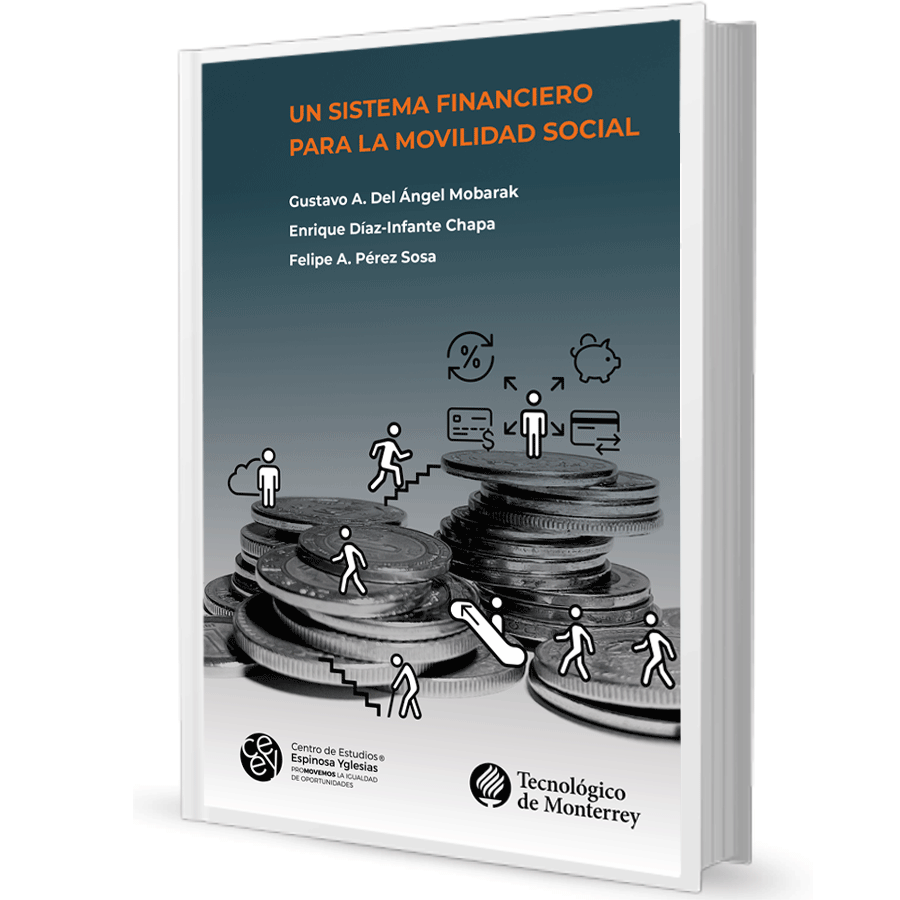
Poverty, Inequality, and Low Social Mobility: Territorial Traps in Chile, Mexico and Peru
Anthony Bebbington
Javier Escobal
Isidro Soloaga
Andrés Tomaselli
(Editores)
«This book contributes to the discussion about territorial inequalities. Taking the cases of Chile, Mexico and Peru, it presents new evidence about patterns of development in our societies, with a degree of spatial breakdown that was previously unavailable. The authors study both the outcomes of these differentiated development dynamics, in terms of poverty and vulnerability, and the opportunities that our children and young people face in defining their access to education, basic services or goods necessary for their personal growth. They also analyze how territory, compared with personal circumstances, becomes a key factor in differentiated access to opportunities. This work also shows that we are not experiencing a process of territorial convergence in these countries, which would allow us to aspire to civilized levels of social cohesion within a reasonable time frame. At the same time, however, the three countries studied show growing territorial segregation, where personal aspirations are increasingly limited by the place where one lives. If we add to this territorial segregation the weakness of governance institutions in many of our Latin American countries, it is easy to see that we face an explosive mixture.
But this state of growing territorial inequality can change, and the trends can be reversed. The book analyzes territories in the three countries that have managed to shed their condition of being spatial poverty traps, despite being located in disadvantaged regional environments; this has translated into a better quality of life for their inhabitants. Taking these territories as case studies and comparing them with others in the same environment that have not managed to overcome the lag, this book provides new qualitative evidence about the social and political-institutional factors that cause some to continue lagging, or which have been crucial for others to forge a positive path of development».
— Julio A. Berdegué
Working Group on Development with Territorial Cohesion
Rimisp




